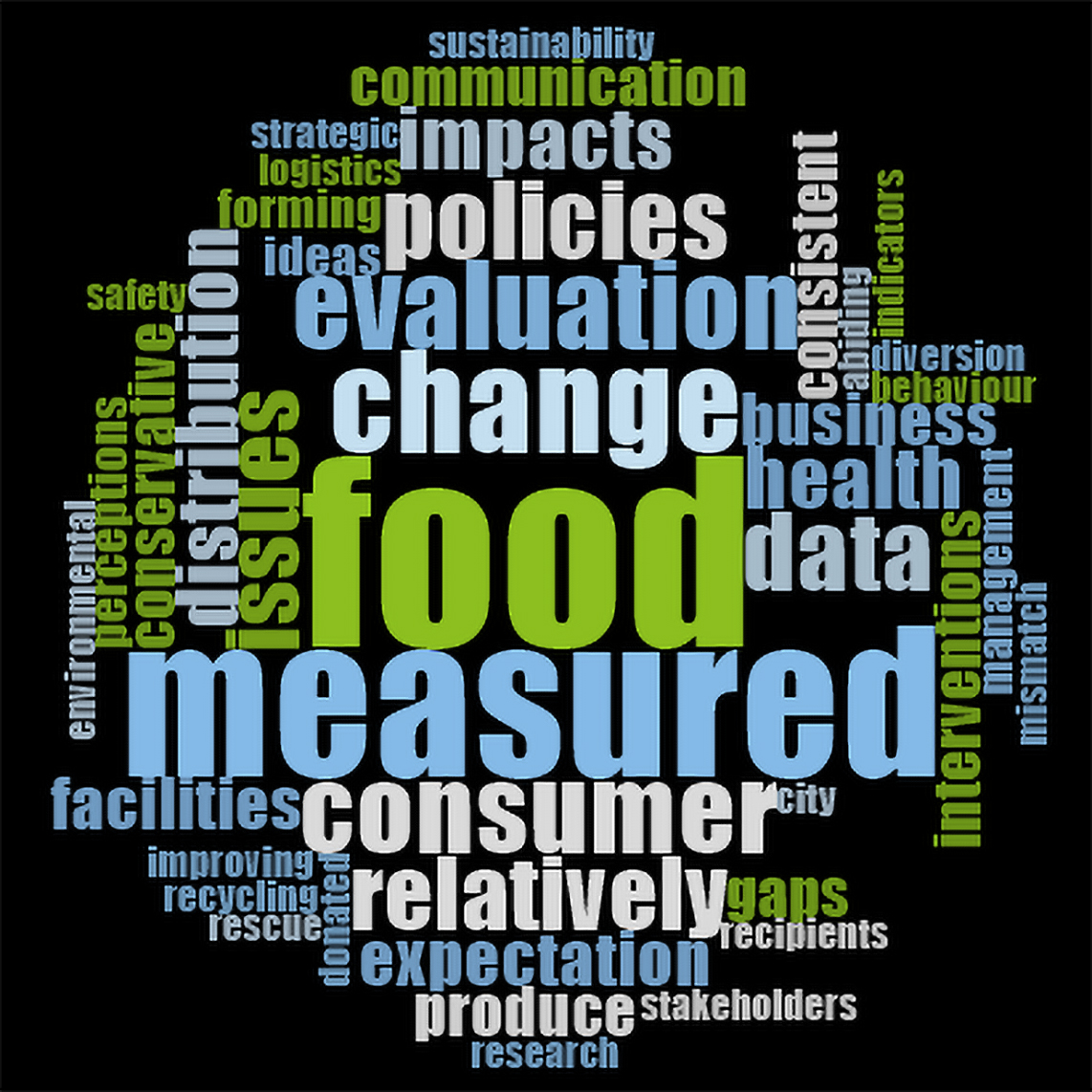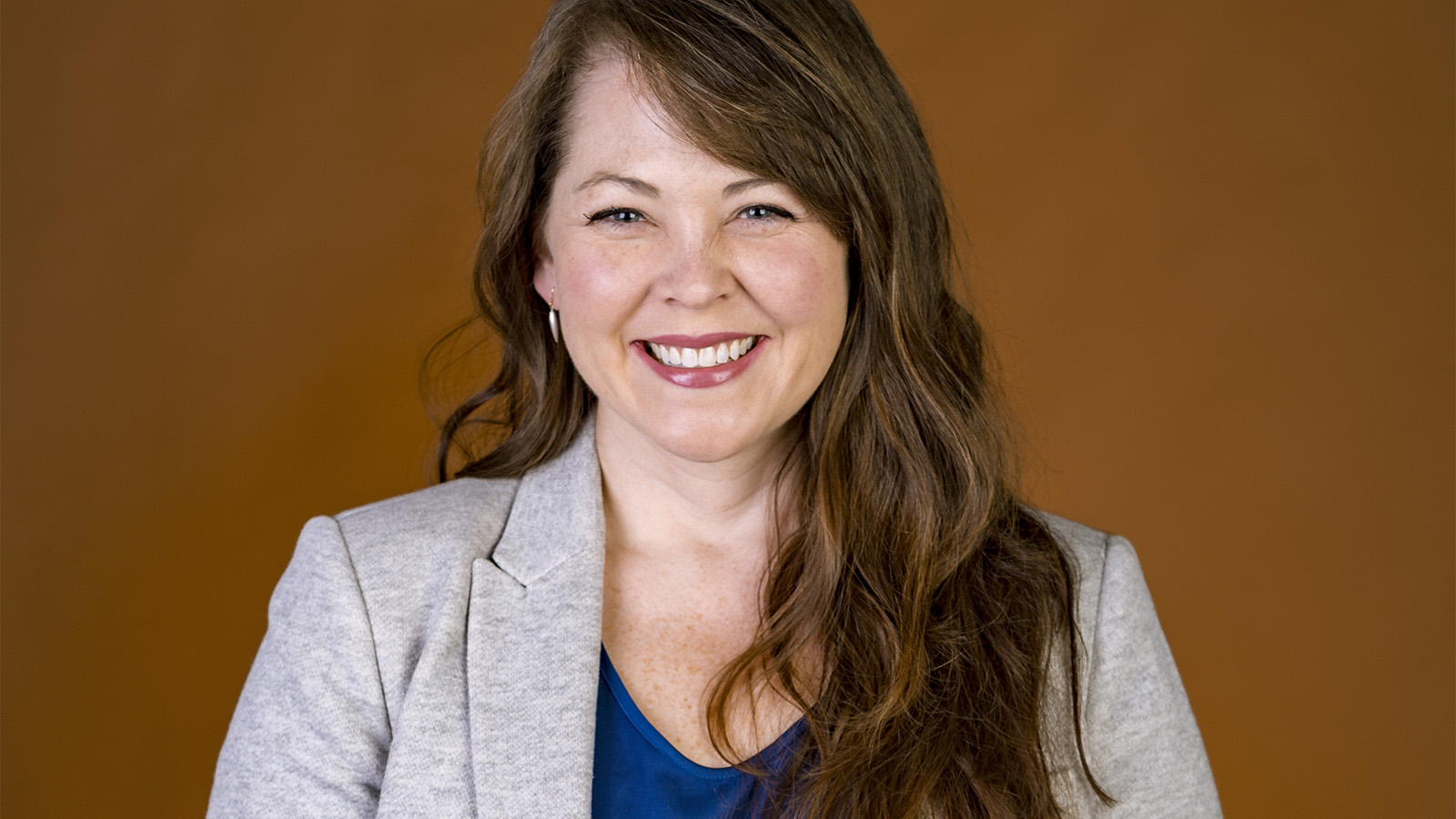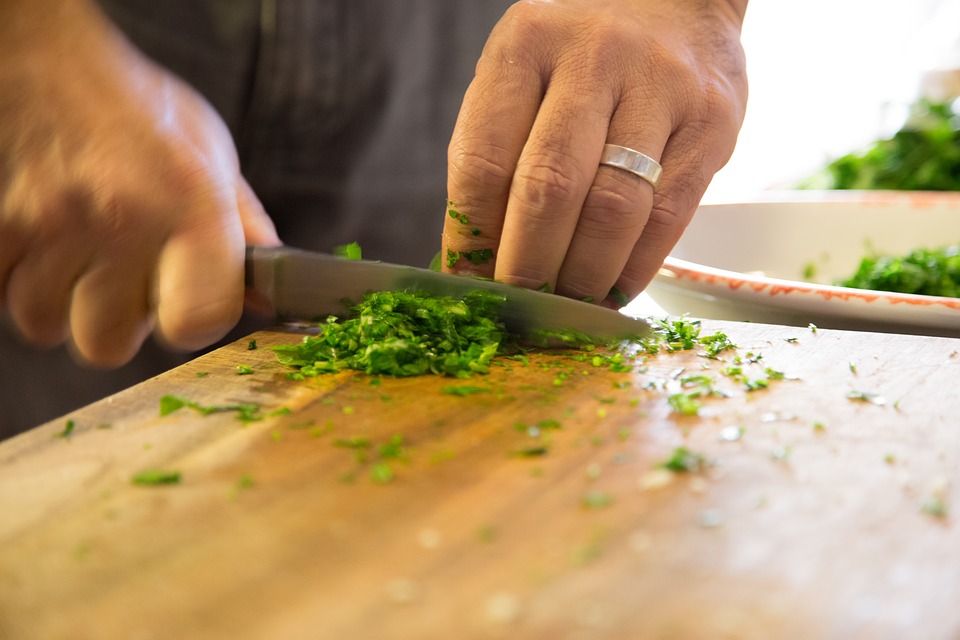Urban food waste solutions from farm-to-fork
A conference for advancing sustainable urban systems (SUS) research networks
Faced with a growing population and a shrinking pool of natural resources, urban areas face an unprecedented challenge to provide a resilient food supply. This challenge is made even more complex by the vast resource consumption and resulting waste generated across the food supply chain. Transforming a wasteful, inefficient urban food system into a sustainable, regenerative urban resource will require researchers and stakeholders to co-develop knowledge together. They will need a deep understanding of both the fundamental drivers causing food to be lost along the food supply chain and novel solutions for reducing these losses and recovering energy and value from inevitable wastes. Sustainable urban food solutions require novel research approaches, organized under the principle of convergence. This approach integrates knowledge and methods across disciplines, and carried out via collaborations between scientific researchers and stakeholders in the food supply chain.
Our Sustainable Urban Systems (SUS) workshop aimed to catalyze new collaborations, provide a platform for exchanging knowledge across fields, and establish a sustainable urban systems research agenda. Our workshop was organized around the specific and compelling problem of sustaining the urban food system by minimizing and managing food waste for broad social, economic, and environmental benefit. Key outcomes were:
-
Creation of a shared understanding of food waste challenges at the urban scale, informed by individuals and organizations representing varied disciplines, perspectives, regions, and sectors;
-
Identification of fundamental, boundary-spanning research questions that can be addressed through new research collaborations across disciplines;
-
Establishment of interdisciplinary research networks that are poised to begin and to grow new transformational collaborations.

August 5-6, 2019
Golisano Institute for Sustainability
Rochester Institute of Technology
Organizing Committee
Callie Babbitt, Thomas Trabold, and Kaitlin Stack Whitney, Rochester Institute of Technology
Missy Hall, New York State Pollution Prevention Institute
Hanna Breunig, Lawrence Berkeley National Laboratory
Todd Nicewonger, Virginia Tech
Chuck Nicholson, Cornell University
Xiaobo Xue Romeiko, University at Albany, SUNY
Contact Dr. Callie Babbitt for more information.
 Funding provided by the National Science Foundation Sustainable Urban Systems Initiative Award 1929881.
Funding provided by the National Science Foundation Sustainable Urban Systems Initiative Award 1929881.













